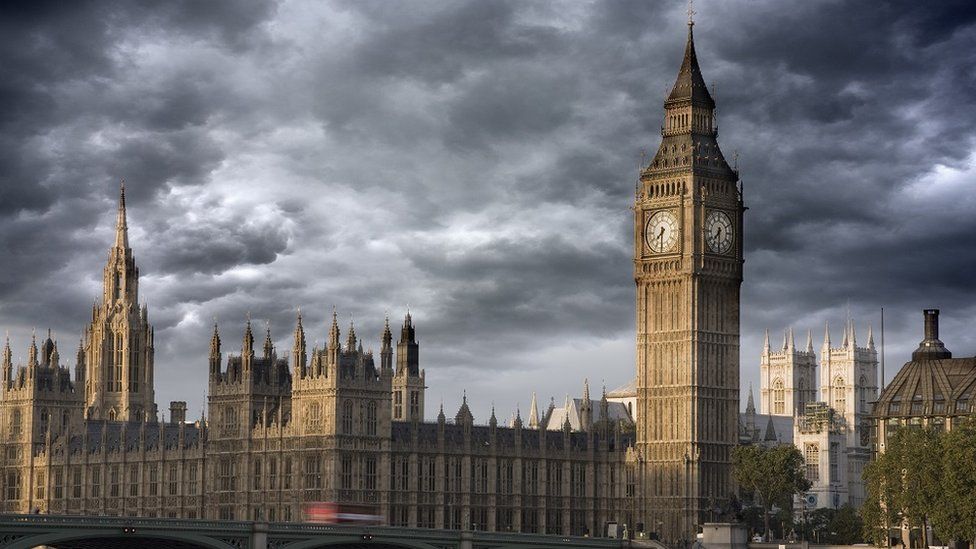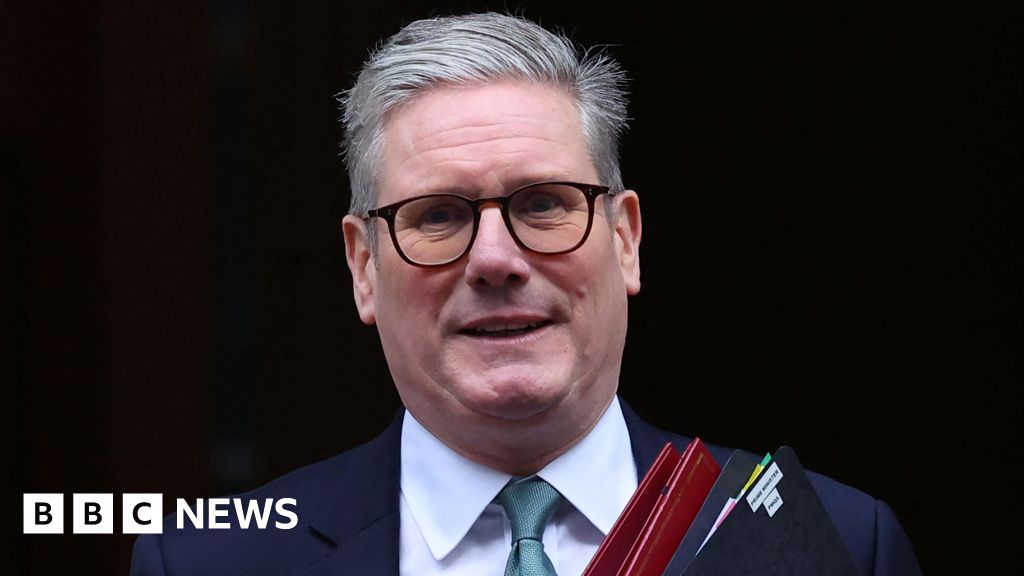ARTICLE AD BOX
 Image source, Getty Images
Image source, Getty Images
By Ione Wells
Political correspondent
Parliament's Standards Committee are seeking views on whether MPs charged with violent or sexual offences should be banned from setting foot in the House of Commons.
If the plans are approved, any MP charged with these offences would need to stay away from the building until their case had concluded.
It would apply to MPs charged by police, not accused via media reports or Parliament's complaints system.
The cross-party committee of MPs took evidence from backbench MPs, unions, and members of the police, church and legal system about the idea proposed by the House of Commons authorities.
Senior MPs representing the backbenchers of three major political parties in the House of Commons were asked for their thoughts on the proposals.
They all raised concerns about "unintended consequences" of excluding MPs that would need to be addressed.
When should an MP be suspended?
Sir Graham Brady, a senior Conservative, said excluding MPs could have repercussions during general elections - asking whether an excluded MP would count towards a parliamentary majority or not if they were re-elected.
He said excluding MPs if they are charged by police is a "clear point where it makes sense" and that "we need to give due weight to the presumption of innocence" but there could be cases where a different view was taken.
He added: "It should be a very high bar to deprive people of that democratic representation."
Sir Graham said to take action in response to media reports would be "clearly wrong".
But he said questions would arise if the police arrested somebody but think it's safe to allow them to walk out on the streets again, or if someone is charged but bailed then "there is a judgement there as to the likelihood of risk to the public of others."
Labour MP John Cryer said he would have "some sympathy for suspension at arrest" in cases such as sexual assault.
But he said he believed any rule should be "flexible about the point at which you suspend [an MP] in criminal proceedings."
He added that current "gentleman's agreements" between MPs and the House of Commons to stay away from the parliamentary estate "are not sufficient".
What about voting remotely?
Sir Graham said he was not a "fan" of remote voting and would not want exclusion to be a "step on the way to normalising that". Mr Cryer agreed that physically voting was important to democratic accountability.
But the SNP MP Peter Grant who, like Sir Graham and Mr Cryer, represents the views of his party's backbenchers, said MPs would need to make sure constituents "do not get disenfranchised for a long time".
He added: "There will be times when one person's inability to vote could change the course of history."
MPs were asked by Sir Bernard Jenkin, who sits on Parliament's standards committee, whether it would be worse in a vote of confidence in Parliament for an excluded member to vote, and possibly have the casting vote, or not vote and potentially sway the result that way.
Mr Cryer said: "The worst scenario is if you lose a vote of confidence and it's because someone is suspended you will get constitutionally political arguments going on forever", implying that proxy or electronic voting would help avoid this situation.
Sir Graham suggested MPs could be 'paired' in this situation - a device whereby MPs are partnered with an MP from an opposition party and their votes count each other out.
Unions advocate ban
Unions representing different groups of staff in Parliament also gave evidence.
Ken Gall, president of the House of Commons Trade Union Side, said the house should have the ability to exclude MPs.
"This is an employment issue. There is a safeguarding issue, there is a health and safety issue, and there is a risk issue... and a reputational one.
"We are not talking about them being suspended as an MP, not receiving payment, or not being able to participate in politics - it is simply a question of accessing the premises.
"The current system in my view is completely unacceptable. Modern risk management is not based on gentleman's agreements and unminuted meetings in closed offices. It is about senior risk owners and identifiable actions and named individuals who have duties to recognise a risk and take steps to mitigate it."
Max Freedman, chair of the Unite Parliamentary Staff Branch, said he would like staff in constituency offices to also have the right to ask to work from home if they would not like to be in contact with MPs accused of misconduct.
Jawad Raza, National Officer of the FDA Trade Union, said Parliament "should be leading the way" on excluding people.
A source close to the committee says it also took evidence from female witnesses who wanted to give evidence in private.

 1 year ago
18
1 year ago
18








 English (US)
English (US)